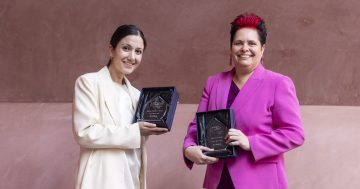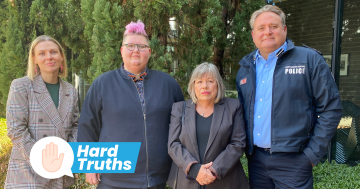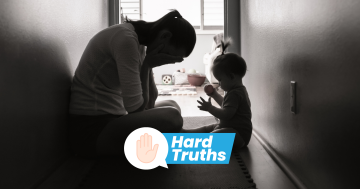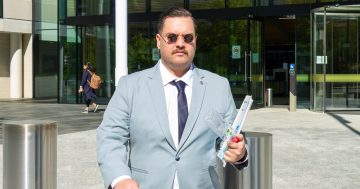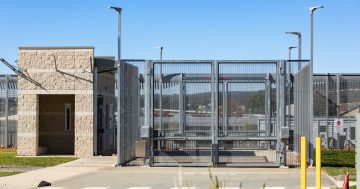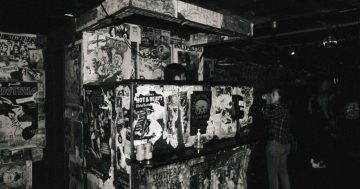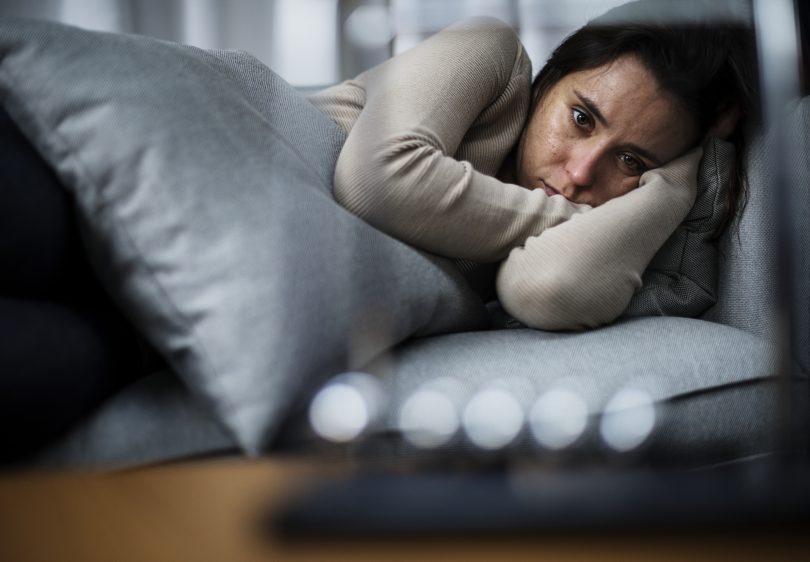
Toora Women offers shelter to women in very stressful situations. Photo: File.
In a quiet cul-de-sac in the Canberra suburbs there’s an old house at the end of a tree-lined drive. There’s a yard out the front. Bikes out the back. It’s unremarkable; just another ‘blink and you’d miss it’ brick veneer.
You could drive right by and not know you’ve passed Lesley’s Place, where Toora Women Inc runs a live-in drug and alcohol recovery program.
“If you didn’t know it was here, you’d never find it,” Nicole, who is part of Toora’s alcohol and other drugs team, says with a laugh. “I couldn’t even find it when I first started. I knocked on the neighbour’s door. Thankfully, they weren’t home.”
It’s good to laugh. It’s 11:00 am and already it’s been a challenging day.
“We have three women staying here at the moment,” Nicole says. “We were meant to have two women joining us this week but one was served with papers from child services when she arrived. She looked at the papers and said, ‘What’s the point?’ and packed up her things and left.
“So, that was this morning. We’ll try to reach out to her, let her know we’re still here for her, but…”
Nicole doesn’t finish the sentence.
“Crises happen. Things can happen that are unplanned. My job is to be here for the team so they can be here for the women we support.”
Toora’s AOD team is used to crises. The women who turn to Toora for drug and alcohol support understand crises too.
“There’s a hidden side to alcohol and drug dependency,” Nicole explains.
“It’s a coping strategy. As a community, we can see alcohol and drug dependency and think that the person did it to themselves. But this cuts out all the underlying factors that don’t get talked about.”
More than 80 per cent of the women in Toora’s AOD programs have experienced domestic violence. More than 60 per cent have been sexually assaulted. Underlying mental and physical health concerns are common, as is a lack of access to safe and secure housing.
“About half the women who come to us don’t have stable housing,” Nicole says. “Some couch surf, going between family and friends. Others live in their cars. Some had government housing but lost it because of damage done during periods of high use or domestic violence.”
Women can get to the end of the 12-week recovery program and not have a safe place to go to.
“We help them apply for government housing. We’ll try to hold on to them, to let them stay, somehow, to keep them safe. It becomes a waiting game.”
It’s a waiting game that can lead women to return to unsafe spaces. For some women, staying with family or friends is an option but not a safe one.
“If everyone around you is using and you’ve decided not to, it’s hard not to be triggered,” Nicole says. “It can also be lonely, this feeling that you don’t belong anywhere. It can be hard to maintain motivation and believe in yourself.
‘They can do all this work and make all this progress but if they’re going back to uncertainty about where they’ll stay today or tomorrow, or going back to a community that doesn’t support you, the pressure is on.”
Through a wall in her office, Nicole can hear laughter.
“It’s coming from the residence area,” she explains. “We often hear the women in the recovery program chatting. They form their own supportive network that continues after they leave.”
Toora’s support continues too, through advocacy, non-residential counselling, and re-welcoming women if they return to Lesley’s Place.
“There can be a lot of shame in reaching out. But here there’s no stigma. You can always reach out.”
When asked what she’d like to see changed, Nicole left us with this thought: “When you don’t have somewhere secure over your head, it’s really difficult to feel safe, to respect yourself and feel like you’re part of the community.
“When people really engage and try their best, the housing system needs to keep up with that. Stable housing is a basic need. It can make a big difference.”
Toora Women Inc is a not-for-profit organisation which has been delivering gender specific services to women in the ACT and surrounds since 1982.
Lesley’s Place is one of the alcohol and other drugs programs offered by Toora Women Inc. To find out more, call 6241 7233 or visit Toora Women’s website.













